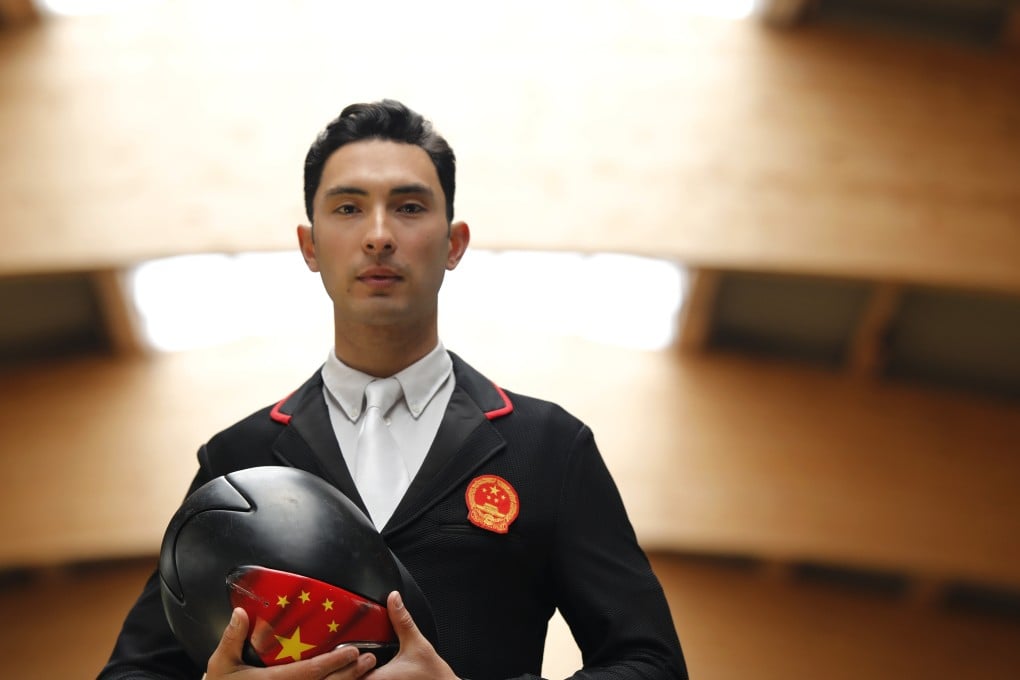Tokyo Olympics: China’s Alex Hua Tian inspires new generation of riders with mainland team set to make eventing history
- The 31-year-old was the youngest eventing rider ever during Beijing 2008 and now he is leading China’s first team to ever compete at the Games
- The eventing specialist, who finished eighth in Rio, is hoping to raise the profile of equestrian sports in China and attract more Chinese riders

As a teenaged Alex Hua Tian lay crumpled on the Fanling mud, his five-year-long Olympic fairy tale crushed in a matter of seconds, the Chinese equestrian pioneer had just one thing on his mind – the rules.
Did eventing’s new rules, enacted just weeks before, allow him to get back on his horse after one fall or was it game over? That single thought in his head was heavily weighed down by years of hope, sacrifice and toil, with the then 18-year-old having already made history as the first Chinese rider to compete in the Olympics eventing competition.
In his heart he feared the worst but, overcome by a fierce sense of denial, Hua Tian’s instinct was to quickly climb back on Chico and resume racing at the 2008 Beijing Olympics cross-country leg in Hong Kong. It was only when stewards informed him that his race was done did Hua Tian painfully accept reality.
But as he trudged back to the stables from the dreaded Fence 8, past cheering fans, a devastated Hua Tian was not to know that he was already embarking on a brand new journey as a trailblazer for equestrian sports in China – one that would take him to a rousing eighth place at the 2016 Rio Olympics and see him inspire the first generation of Chinese Olympic-class riders.

05:32
Star rider paves way for China to make equestrian history at the Tokyo Olympics
Hua Tian returns to the Olympics in Tokyo – 13 years after making his bittersweet Games debut – but this time he has company. Apart from competing in the individual competition, the 31-year-old will lead three other riders as China fields an eventing team for the first time at an Olympic Games.
“The moment I fell off Chico, I thought I needed to get back on and keep going,” said Hua Tian, who later on burst into tears while speaking to the media. “That’s all I had in my head, and the fence judges and stewards were saying you can’t get back on and I was in total denial.